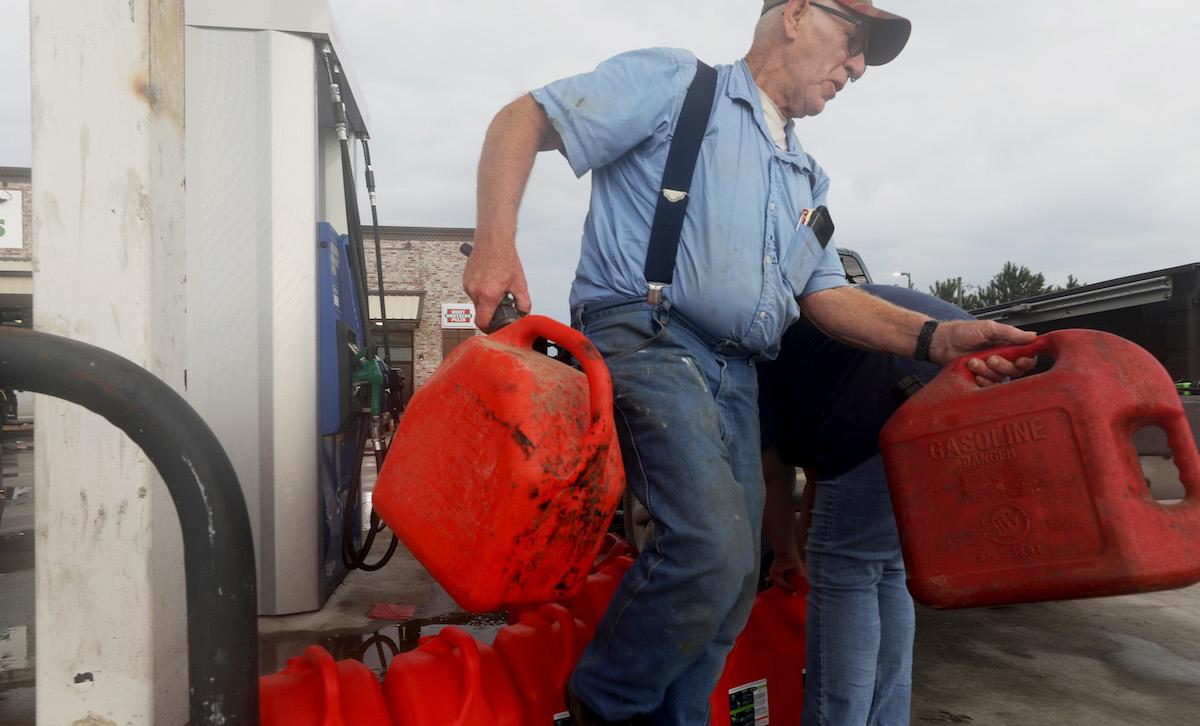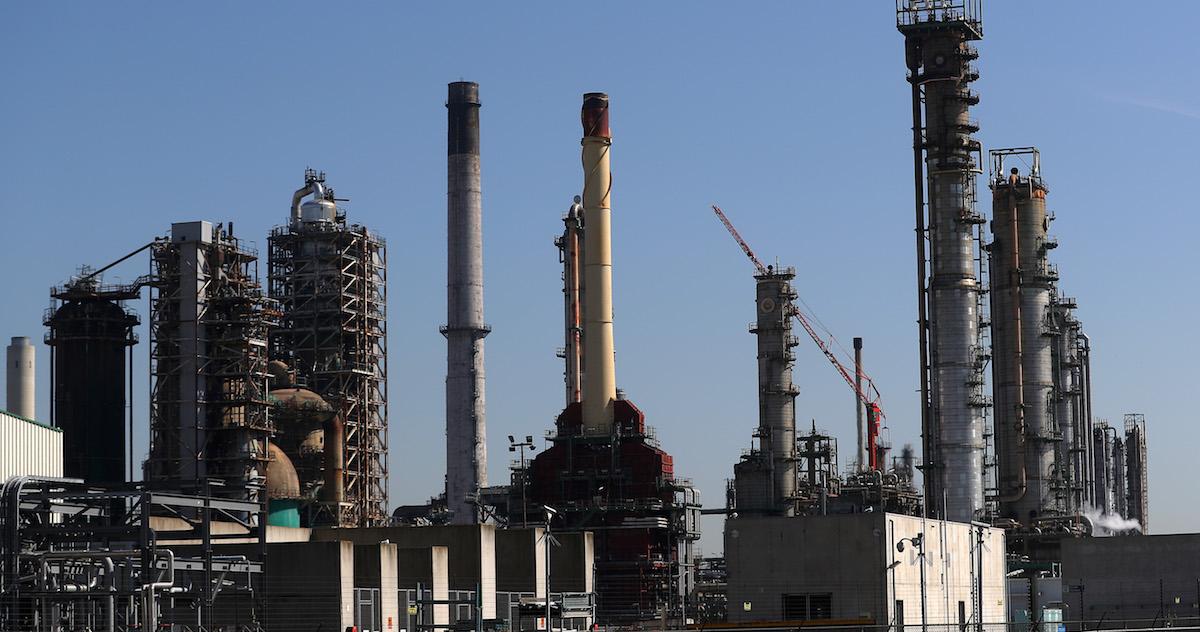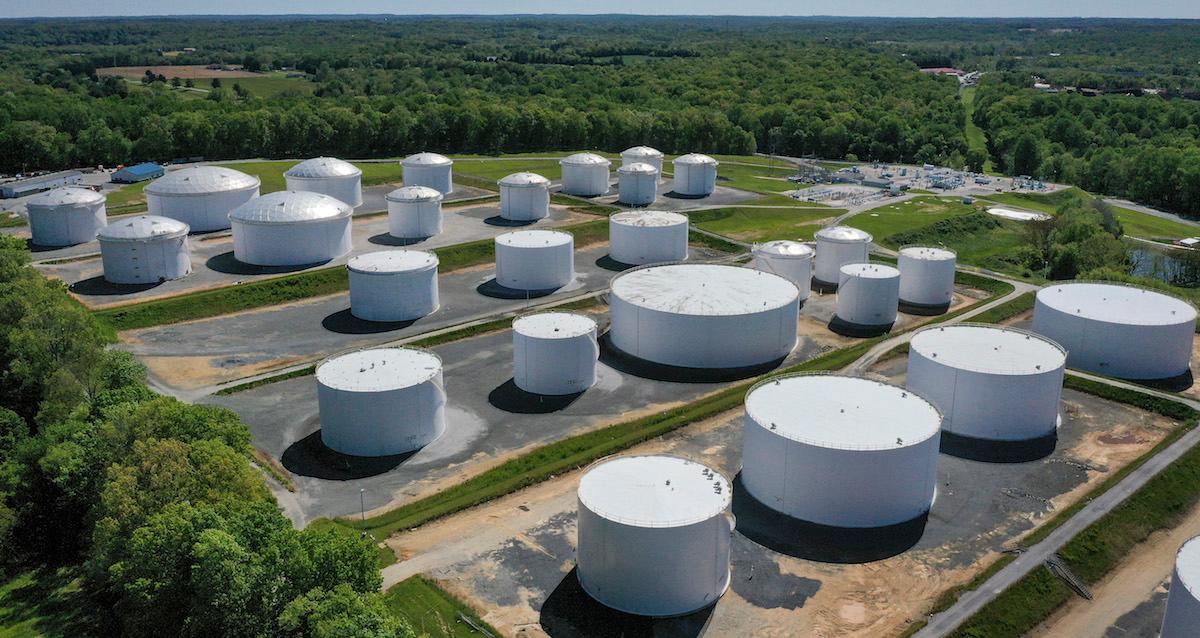The Earth Is Going to Run Out of Oil Someday — but Not in Our Lifetimes
Published Aug. 25 2021, 12:39 p.m. ET

Created when fossilized organic compounds break down over time, crude oil, in particular, has become a necessary part of daily living for nearly every person on the planet. Fossil fuels are the most effective and destructive natural resources known to humans. The moment that humanity understood the potential of fossil fuels, we inadvertently signed our own death warrant.
It should come as a relief to some that oil and other fossil fuels are not inexhaustible resources. Inventors, scientists, and industries are scrambling to find new energy sources in a mad dash to simultaneously fix our hopelessly broken climate and maintain the status quo. Meanwhile, the rest of us are pondering the question, when will the world run out of oil?

Where does oil come from?
Millions of years ago, the plants and algae that died off and sank into the seafloor were treated to high enough pressure and temperatures that they coalesced into an immature, early form of petroleum. When the seas dried up and shifted about, the remaining hydrogen and carbon in the atmosphere were added to the mixture. According to National Geographic, those elements helped create what we know today as fossil fuels.

Will we ever run out of oil?
Yes, we will absolutely run out of oil. Despite the many major extinctions that have occurred throughout Earth’s long history, not every fossilized life form has been transformed into petroleum, coal, or natural gas. All of those fossil fuels are nonrenewable and irreplaceable, so when they’re gone or burnt off, we have nothing to replace them. So, unless we find a petroleum alternative at some point, we’re going to be out of luck in many ways.
That said, according to Discover, we don’t actually know how much oil is down there. For all we know there are millions of gallons of liquified dinosaurs floating gruesomely beneath the surface of some undiscovered undersea oil well. The problem is that the demand for oil is at a point that even some undiscovered windfalls won't really make much of a difference.

According to the Penn State Department of Energy and Mineral Engineering (EME), much of this conjecture is driven by the fickle price of oil. This, of course, could simply be an indication of the high demand that oil has always had in our global economy. Nevertheless, there is no denying that our current transportation and energy systems are woefully dependent on fossil fuels.
The original projection for peak oil was made in the 1950s and predicted it would fall somewhere in the 2000s, but that analysis did not consider how technology has improved in terms of oil extraction and fuel mitigation.
In 1999, the American Petroleum Institute estimated that we'd run out of oil between 2062 and 2094; however, in 2006, the Cambridge Energy Research Associates estimated that we actually had three times the amount of oil on Earth than was believed in 1999, according to ZME science. Not to mention, the current theory, according to EME, is that there is more oil to be gotten than was previously thought, but that could be wishful thinking of the highest order. More to the point, it obfuscates the actual climate change problems at hand that is caused by burning fossil fuels.
So basically, we're not going to run out of fossil fuels in our lifetimes — but we could in our grandchildren's lifetimes. And if we don't take action to keep the oil in the ground, the problems caused by them will only keep getting worse.